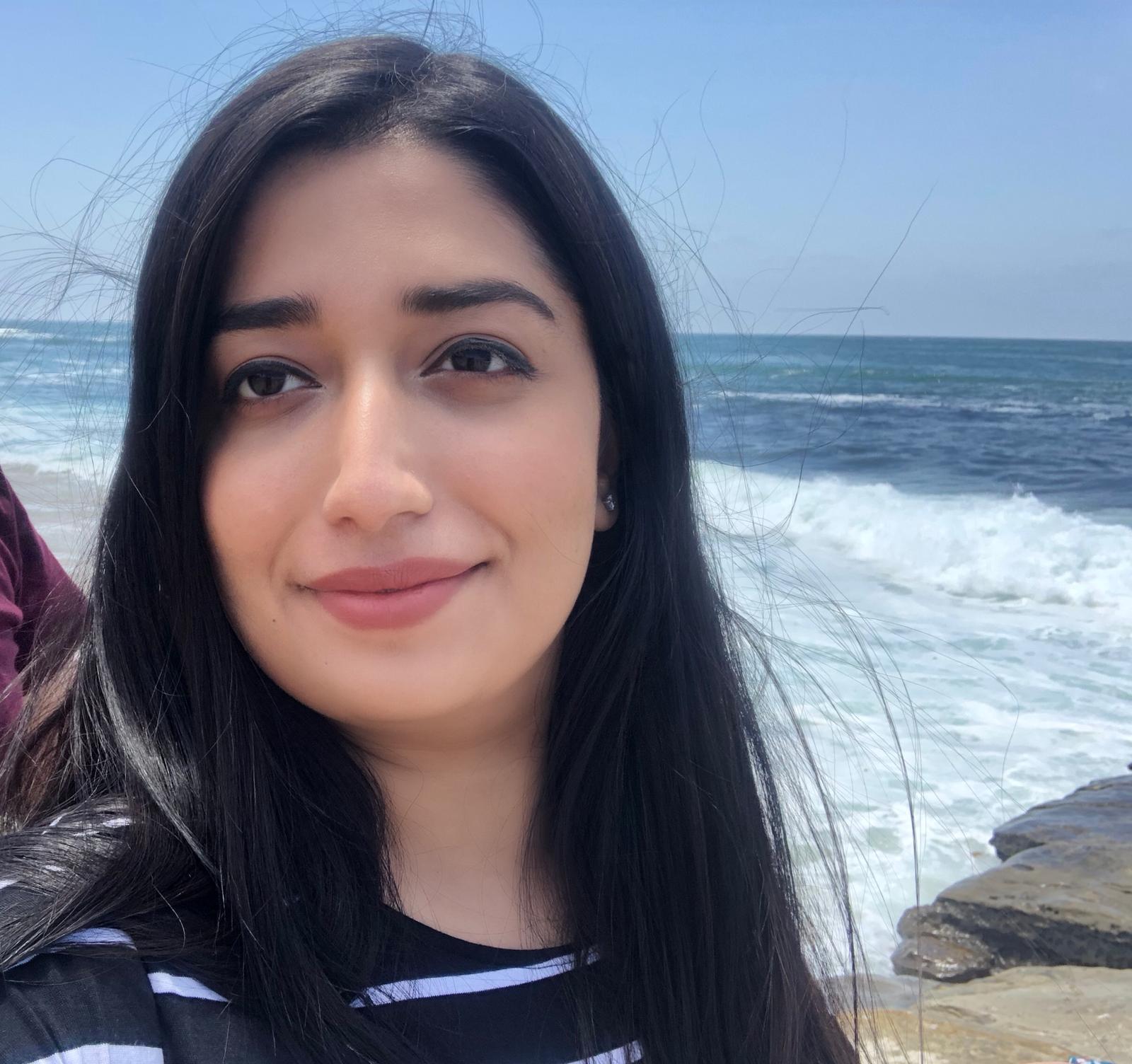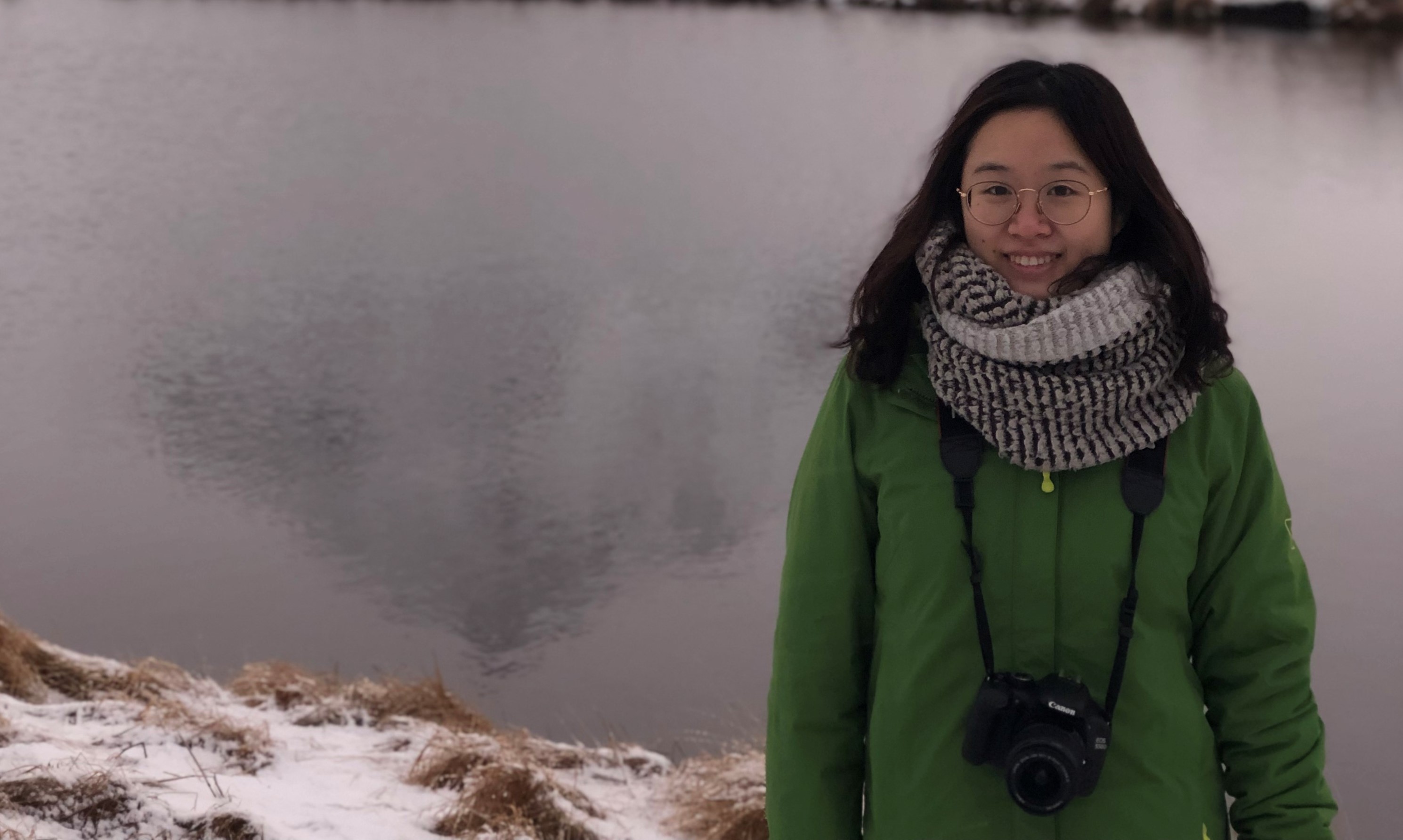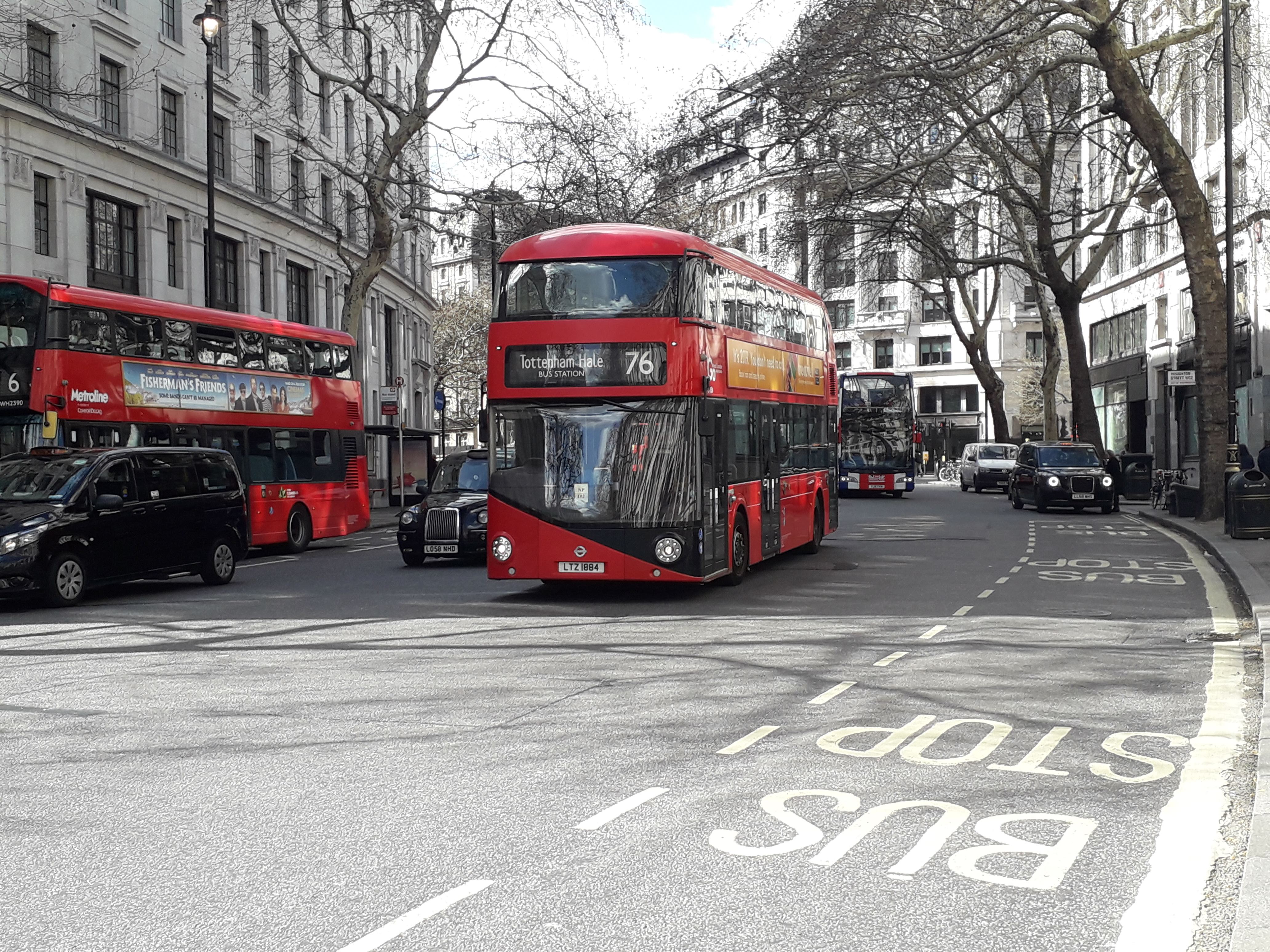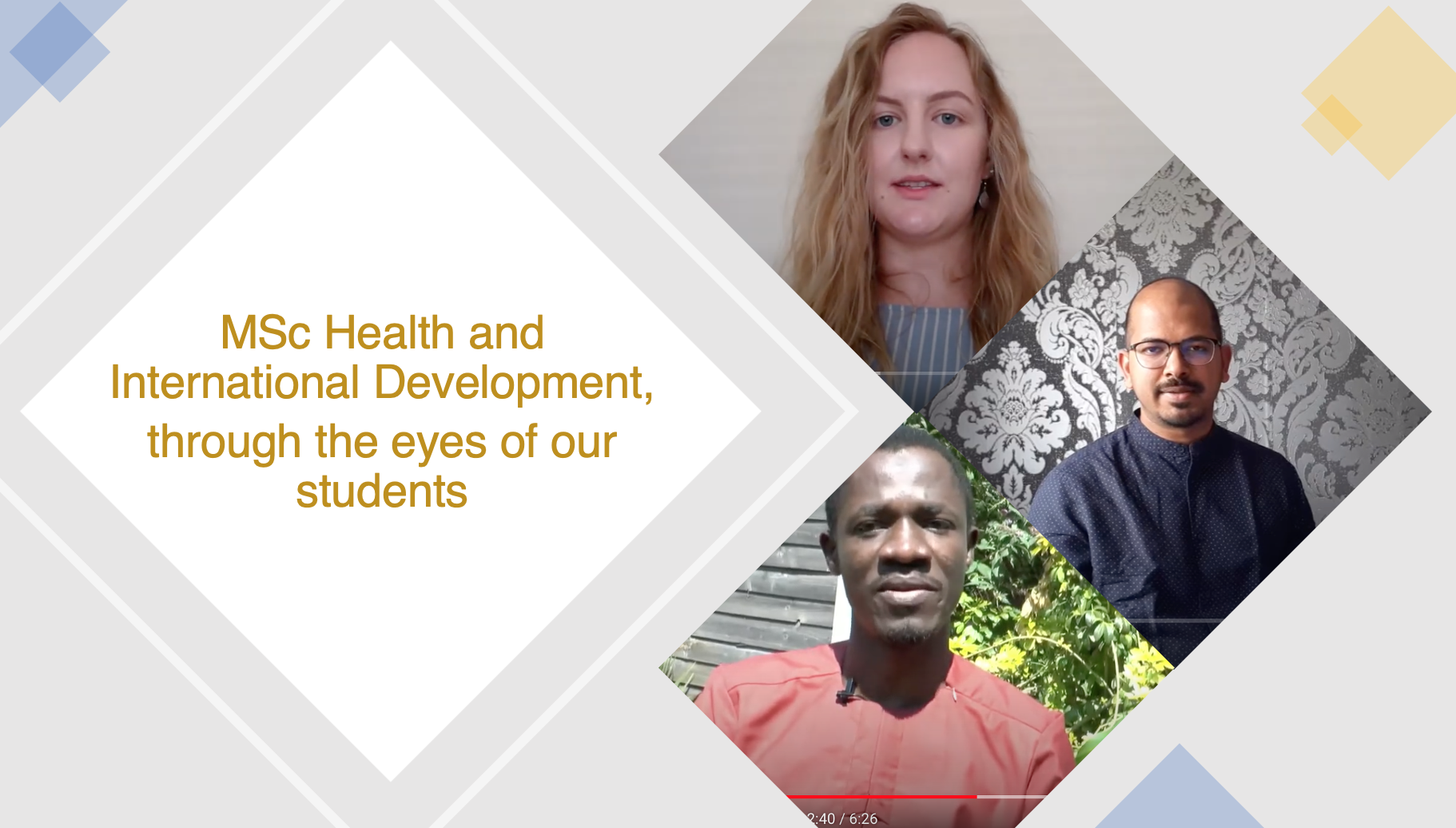For the last ID Weekly Spotlight of the academic year, Student Ambassador Salena Wang talked to MSc Development Studies student Sara Cheema. Find out more about their conversation here.

What’s your previous education/background before coming to LSE?
Growing up, my family moved around a lot, so I could never really call one place home for too long. The two places I’ve lived the longest are Oxford and Islamabad, but I don’t think I could ever choose between these two cities if I had to. They’re both special in their own ways. I lived in Oxford as a kid, so my memories are more of the little things; my friends, school, the park across from our house. Islamabad shaped me more as an adult I suppose. Family, culture and traditions.
Islamabad was also where I went to university. Despite choosing sciences for my A levels, I somehow unexpectedly ended up doing my undergraduate degree in Economics. It was a spur of the moment decision, especially given that I’d never actually studied a word of economics till that point, but looking back, I’m happy with the decision I made.
Why did you choose LSE and the MSc Development Studies?
I think it was the second year of university, when I was introduced to some offshoot social science courses. Till that point we’d only been taught pure macro or micro economics, and a ton of calculus of course – most of which I found rather frustrating to be honest. Economics was all about theories and assumptions and I just couldn’t relate the world that I was reading about in those books to the one I saw around me, especially in a developing country like Pakistan. So when we started to learn more about poverty, inequality and the environment etc, it became pretty clear that that was what really interested me.
I chose development because I hoped that it would help me see a different side of the world. Economies crash, systems break and assumptions don’t always hold, but that is where economics stopped. Development I hoped would teach me what happens after the dust settles, and perhaps also help me do something about it. And I suppose in some ways, it has.
What have you learned most during your time at LSE?
When the year started off, someone had made a joke about how people who go to LSE never have a straight yes/no answer to any question, rather ‘it depends’ is the preferred response, and that I too would soon begin to do this. And funnily enough, that’s exactly what happened. But I don’t necessarily see it as a bad thing anymore. LSE definitely encourages students to question and understand things better and look at them in different ways. I think my time at LSE has taught me that there’s always two sides to every argument and that a simple answer is probably never a complete one. In many ways, LSE has also moulded how I understand a problem and articulate a response to it.
But surprisingly, the most interesting things I’ve learned this year haven’t actually been from articles or textbooks but rather from the people around me. Such interactions and conversations, good or bad, might have been some of the most valuable things I got from my time at the LSE. This year has given me the chance to meet so many different people from across the world, with a wide array of opinions, backgrounds and experiences. And at the end of the day, if we are going to take anything from LSE it’s probably not going to be our grades but the people we’ve met and the stories we’ve heard. And that’s one of the things I loved about our DV400 seminar, everyone was so open to understanding one another and knowing one another.
What do you want to do in the future?
Surprisingly, I haven’t really thought it through entirely. I never planned to study economics and I certainly never expected to come to LSE, yet here I am. I realised this year that your plans in life are not necessarily always going to materialise in the way you hope. So moving forward, I’m excited to find out where the tide takes me next. But I know for sure that I want to do fieldwork in development and try to actually make an impact. When, where and how, that hasn’t been planned as of yet, but life has a way of working itself out in the end.
The views expressed in this post are those of the author and in no way reflect those of the International Development LSE blog or the London School of Economics and Political Science.





